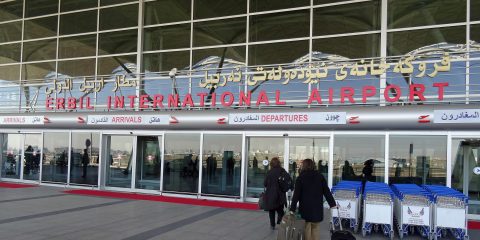Kirkuk in the wake of the US withdrawal
The ethnic fault line that bisects northern Iraq, imperfectly dividing Arabs and Kurds, might as well have been geological: the temblors it occasionally produces are as destructive as anything measured on the Richter scale. Yet, since 2003 at least, things have been surprisingly quiet along this line, even if the local population is frequently roused […]Joost R. Hiltermann writes in The National Interest:
The ethnic fault line that bisects northern Iraq, imperfectly dividing Arabs and Kurds, might as well have been geological: the temblors it occasionally produces are as destructive as anything measured on the Richter scale. Yet, since 2003 at least, things have been surprisingly quiet along this line, even if the local population is frequently roused by disquieting rumblings.
In another month, however, U.S. troops will have fully withdrawn from Iraq. Soldiers embedded with the joint patrols and checkpoints have already pulled out. The only U.S. remnant in the north will be a Kirkuk consulate staffed by diplomats and a small number of military officers operating under the Baghdad Embassy’s Office for Security Cooperation. They will continue to be part of the Joint Coordination Center in Kirkuk, which monitors the Arab-Kurdish peacekeeping effort. Whether this sharp reduction in military personnel will trigger an outbreak of violence is the question all Kirkukis, and their friends abroad, now ask themselves.





